EVs are faltering, while diesels are making a comeback…
The increased depreciation for EVs results from the uncertainty around battery life & their ability to provide peak performance throughout the lifetime of the vehicle
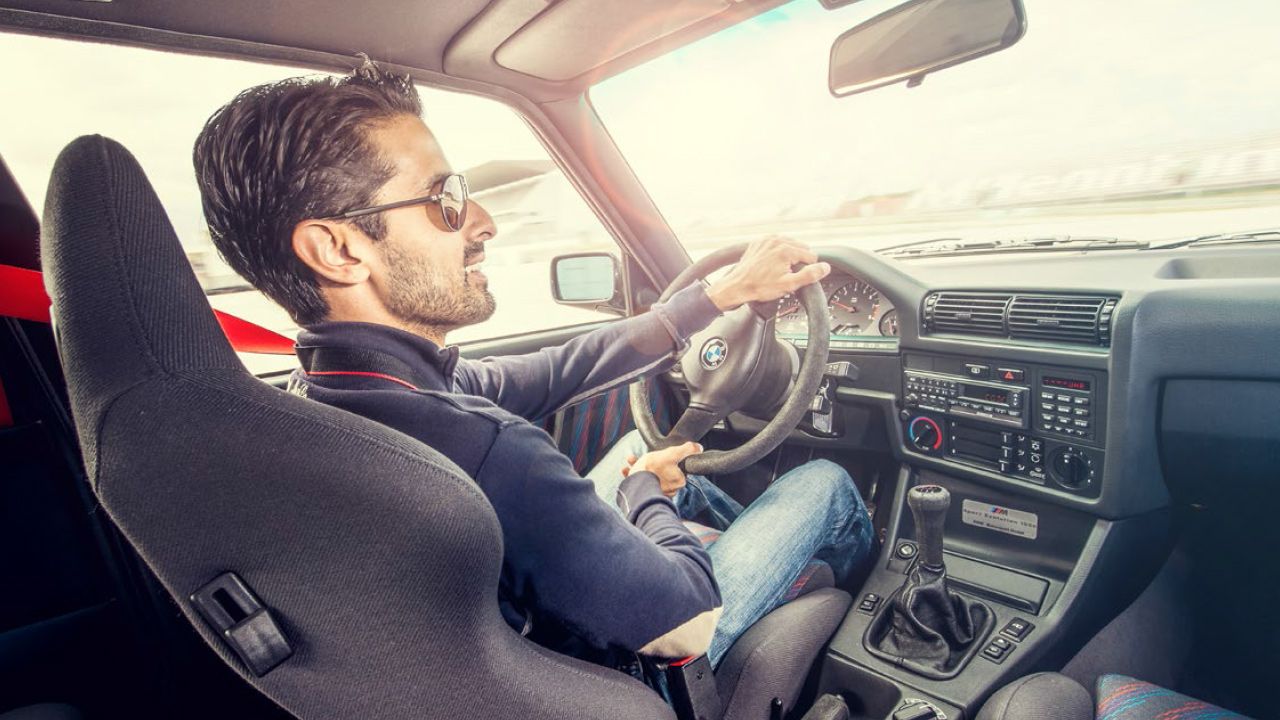
Well, that’s certainly true for the Volkswagen Group. Audi has reintroduced diesel engines on the A6, while Skoda has announced a clear intent to bring diesel back to India.
Porsche, meanwhile, is scratching its head trying to figure out how to reengineer its new EV platforms to accommodate ICE powertrains because of tepid demand. The Macan, Cayman and Boxster were all meant to be EV only, but it seems that the battery electric bet hasn’t paid off. Not only are Taycans languishing on dealer lots, but the ones that have found homes are depreciating as rapidly as their instant torque electric motors enable them to shoot off the line. The end result is that Porsche is taking an $800 million hit this year.
The dichotomy in all this is that these Porsche EVs are actually phenomenal to drive – both the Taycan and Macan really do feel like a paradigm shift and a massive leap forward from behind the wheel. Somehow, Porsche engineers are able to get their EVs to feel light on their feet and genuinely sporty while also being incredibly refined and easy to drive. But it appears that buyers at this end of the market – which is to say collectors, connoisseurs and enthusiasts – value the drama and connection provided by an internal combustion engine. And Porsche knows this better than anyone else. After all, they’re the only automaker that remains committed to the manual transmission – which, in every objective manner, is inferior to its automatic equivalent (with the exception perhaps of weight) and yet there’s still tremendous demand for Porsche ‘manuals’ simply because of the extra layer of engagement they add to a machine that’s as finely engineered as a high-end Swiss watch.
The increased rate of depreciation for these high-end EVs results from the uncertainty around battery life and their ability to provide peak performance throughout the lifetime of the vehicle. This is something that Ferrari is monitoring very closes as it prepares to launch its first all-electric supercar later this year.
Now a listed company, Ferrari has to be extra careful when it comes to demand and depreciation. In terms of sheer valuation, the market values Ferrari in the same realm as ultra luxury brands like Hermes, which create their mystique and allure from not just desirability but also the fact that people are willing to pay enormous premiums to get their hands on their wares – which also happen to be investment grade because they retain their value so well over time. Being in a position to acquire these luxury goods is even better than having access to a Swiss bank account.
Ferrari has recently inaugurated a new 'e-building,' not only to assemble its new EV but also the battery packs that go into them. Ferrari claims that this will ensure that its cars will be able to put out peak performance for decades to come and not just for the life of a single battery pack – thus ensuring its EVs retain value and desirability.
There’s no doubt that, for your everyday runabout, EVs actually make an enormous amount of sense. They’re cheaper to run, cleaner to operate, and incredibly refined, but when it comes to making the drive an experience to savour, the sound and drama added by an ICE powertrain still takes some beating – even if EVs can leave most combustion engine powered vehicles for dead in a straight line…
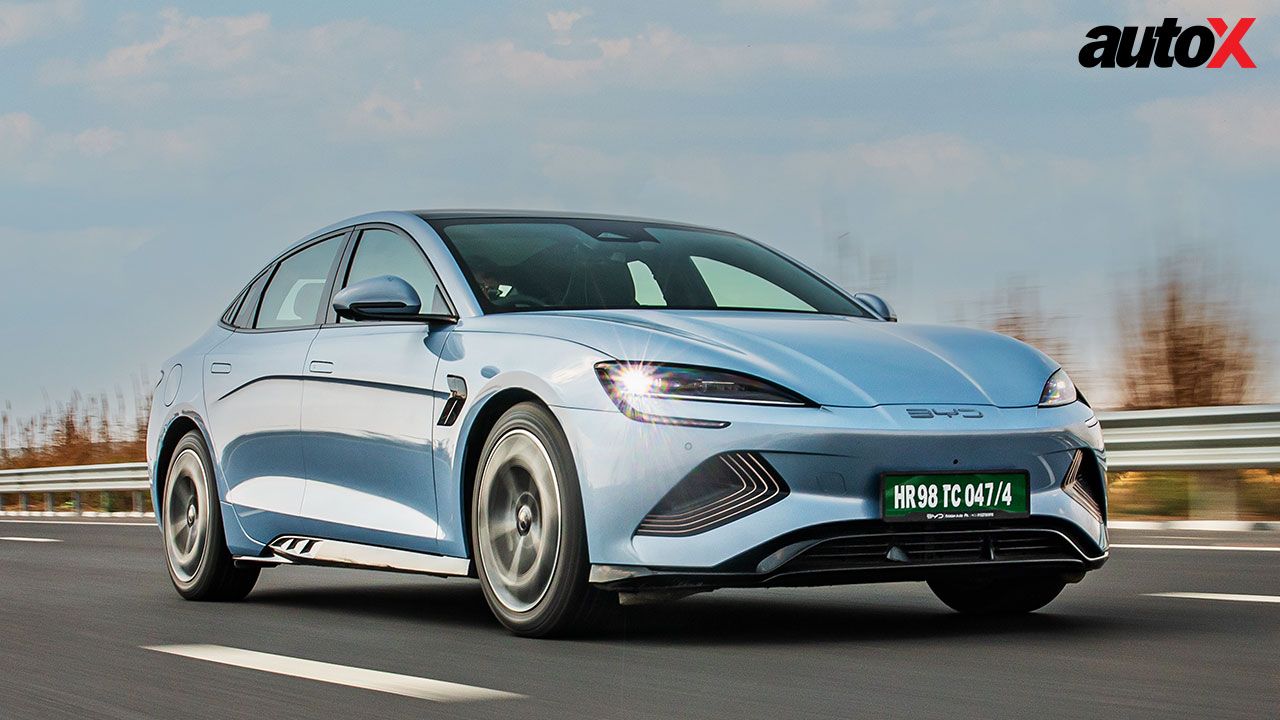

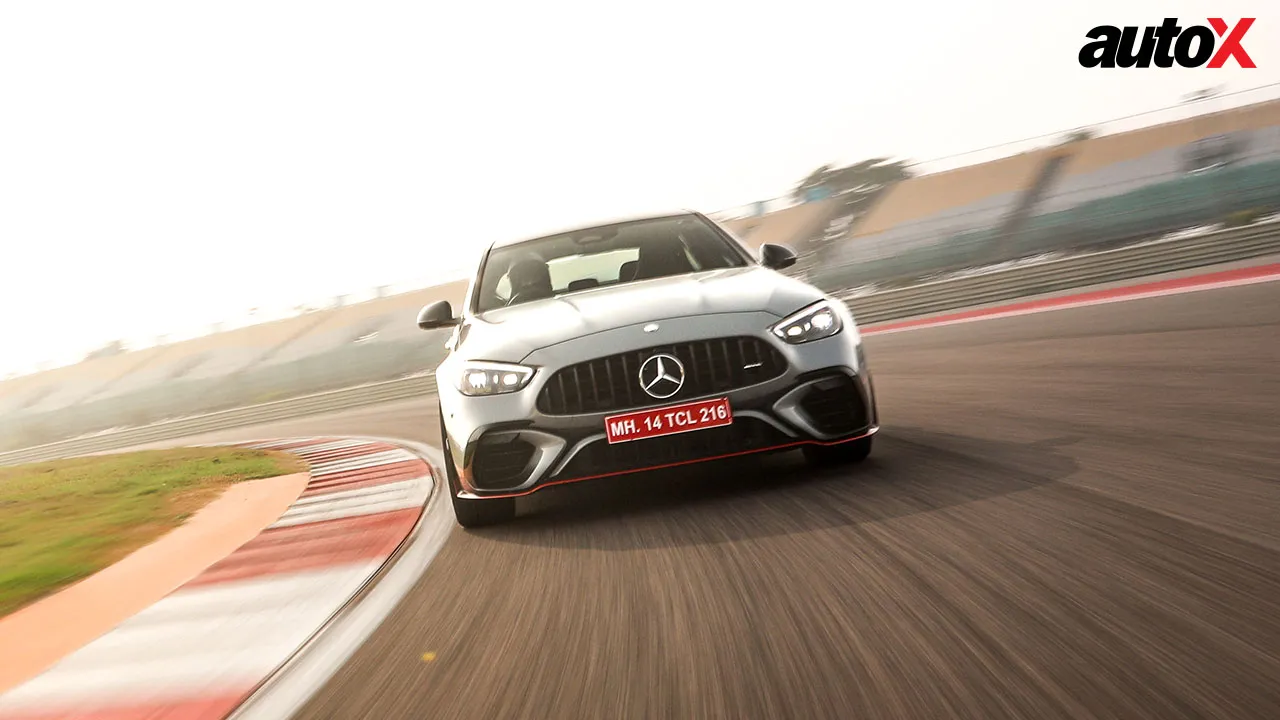
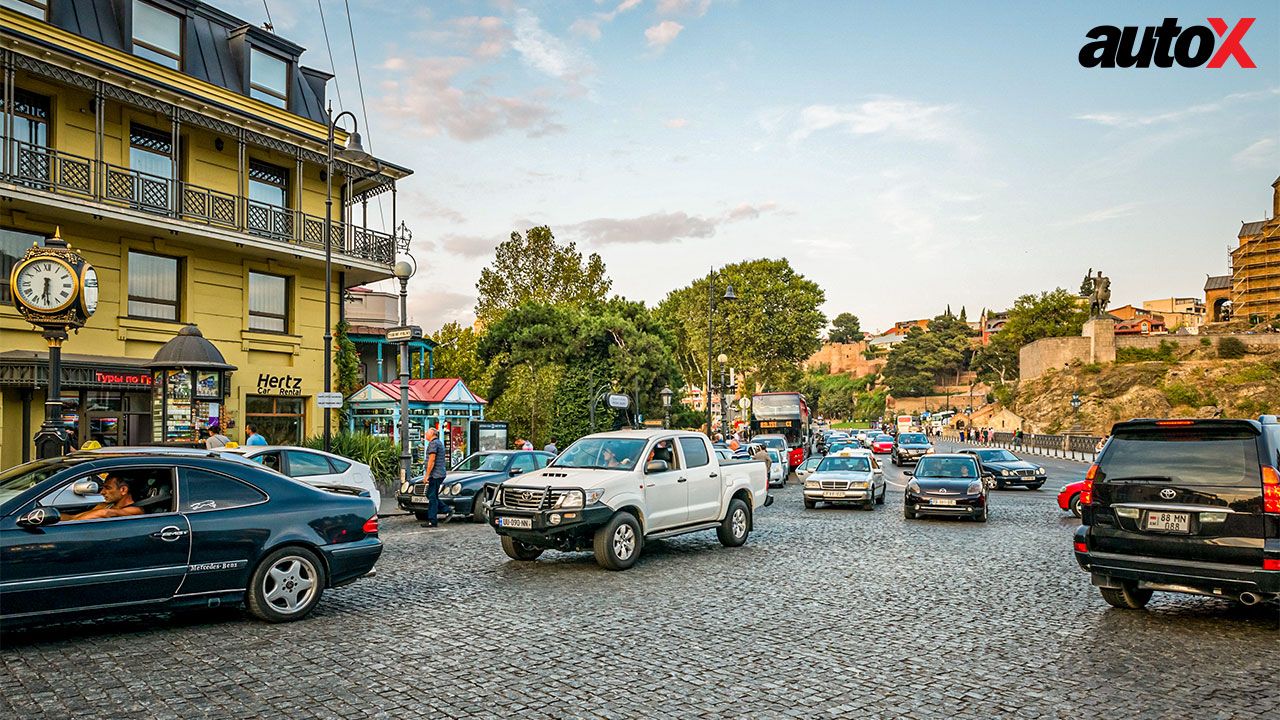

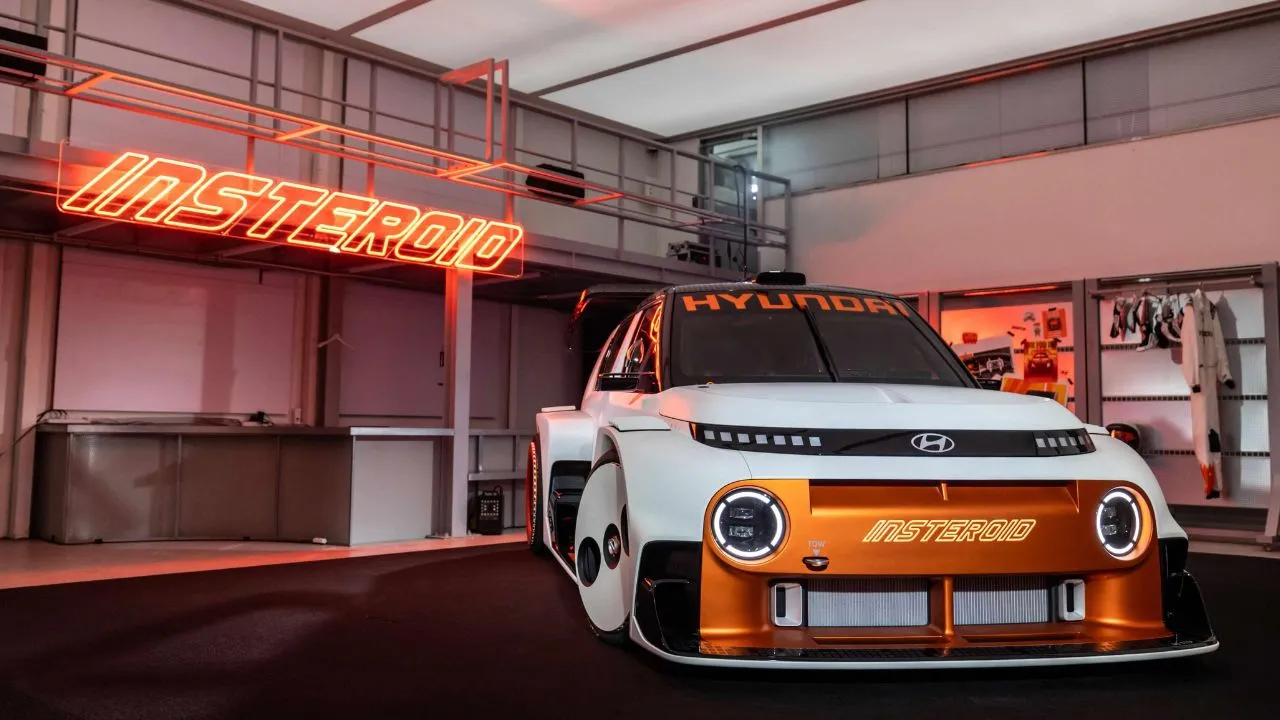
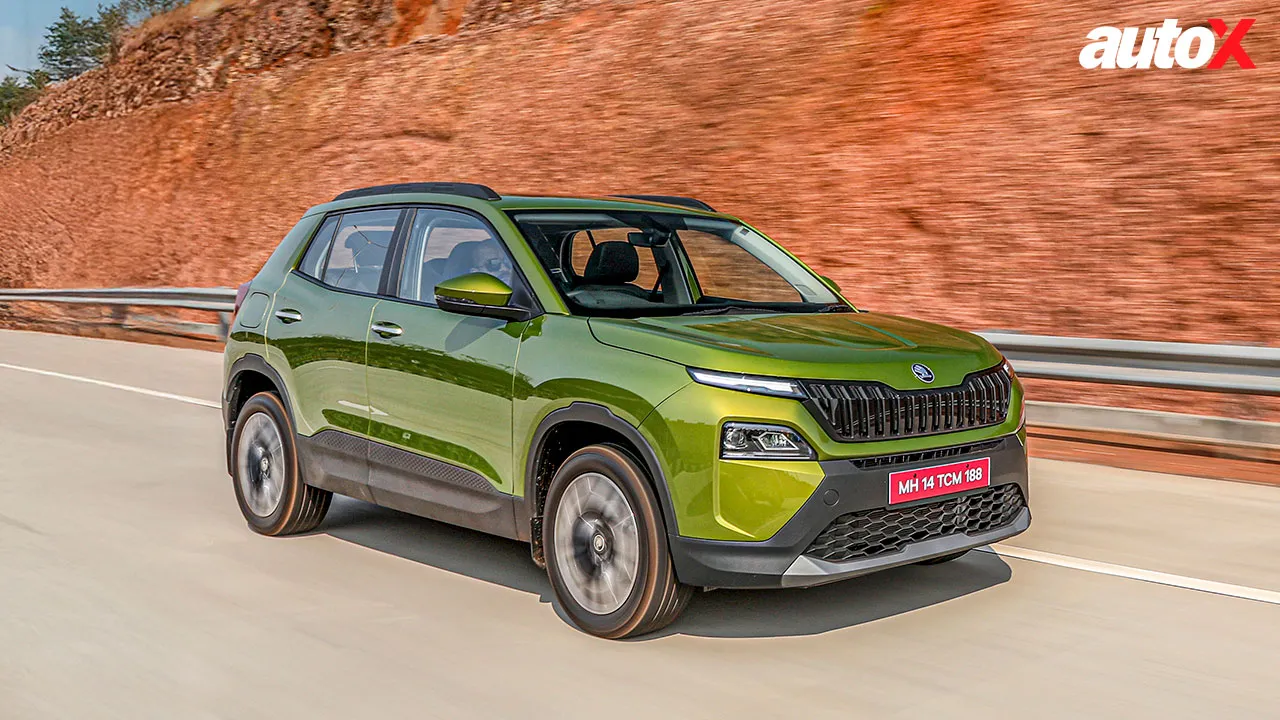
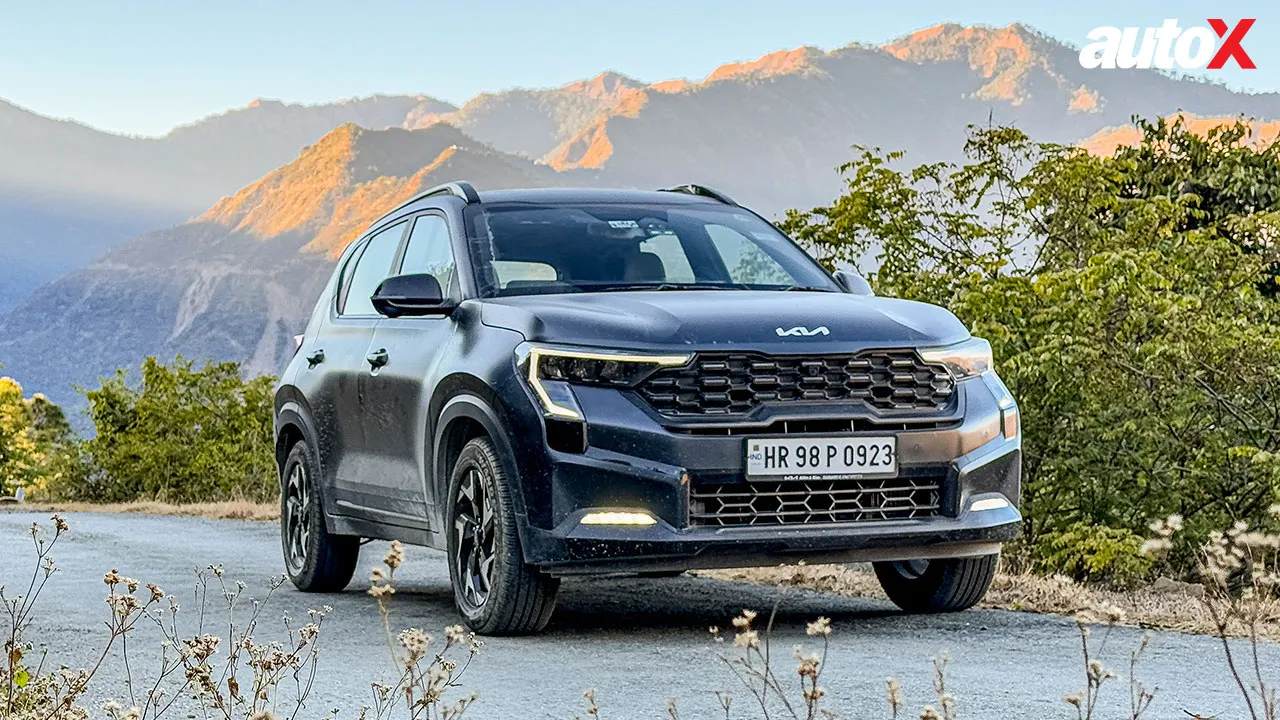
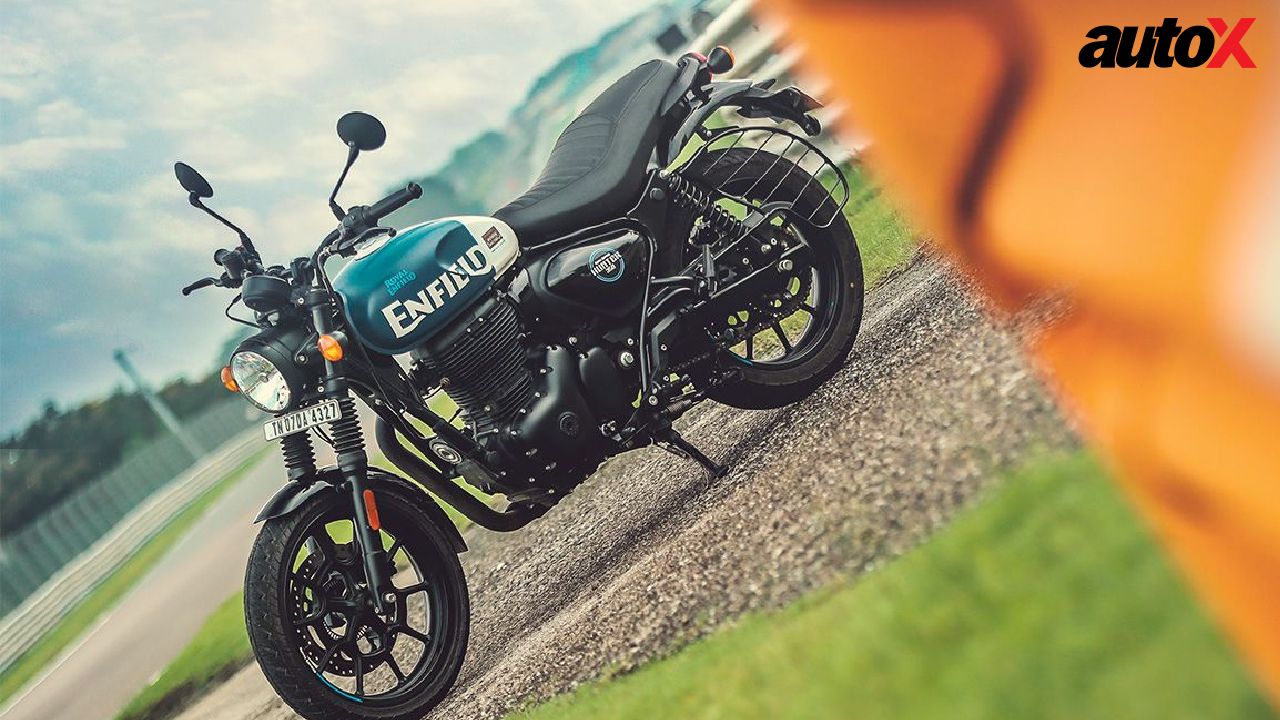
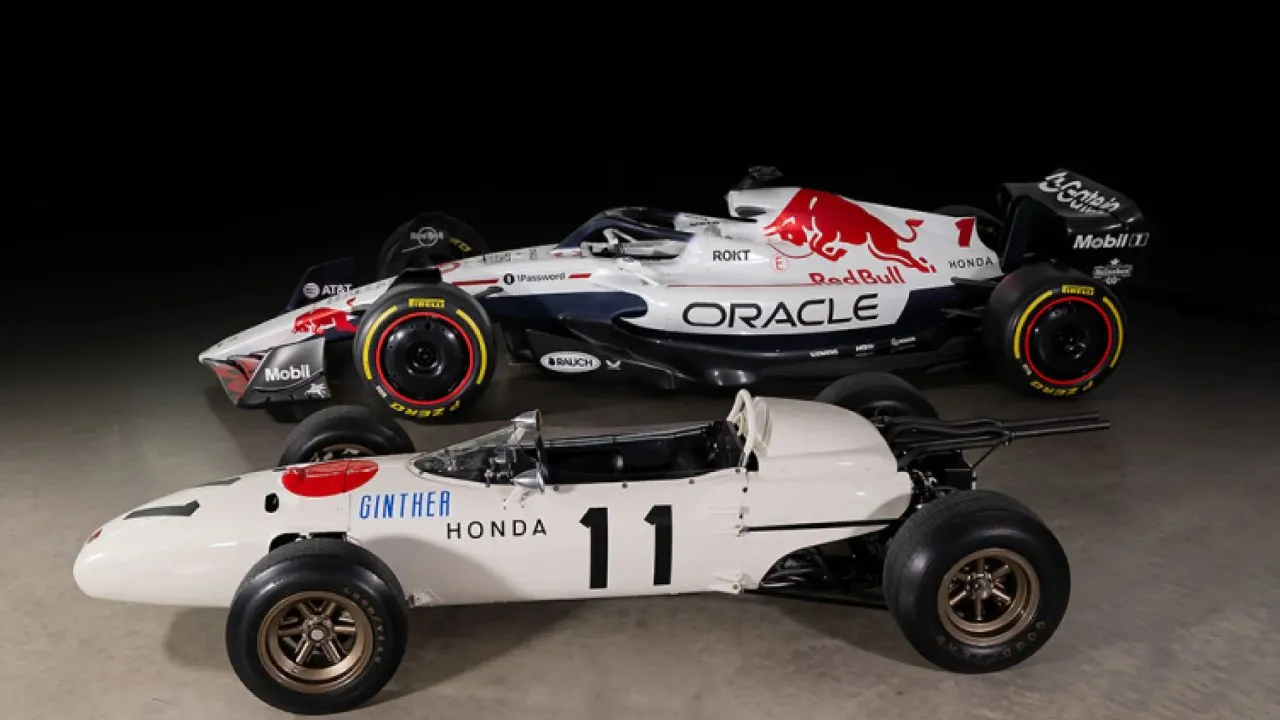
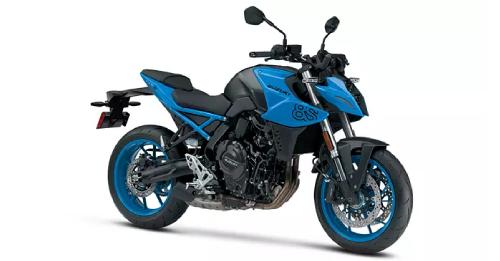
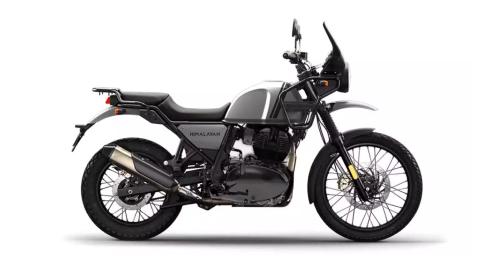
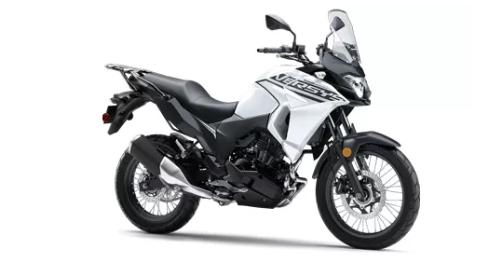
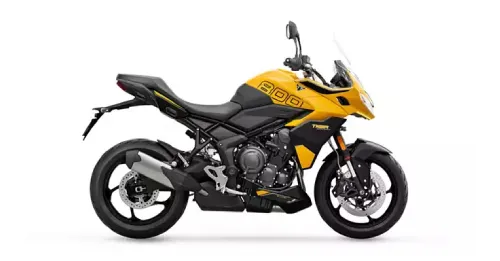
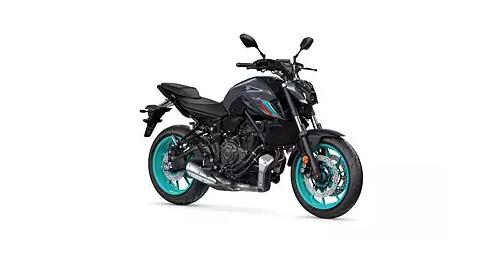














Write your Comment on